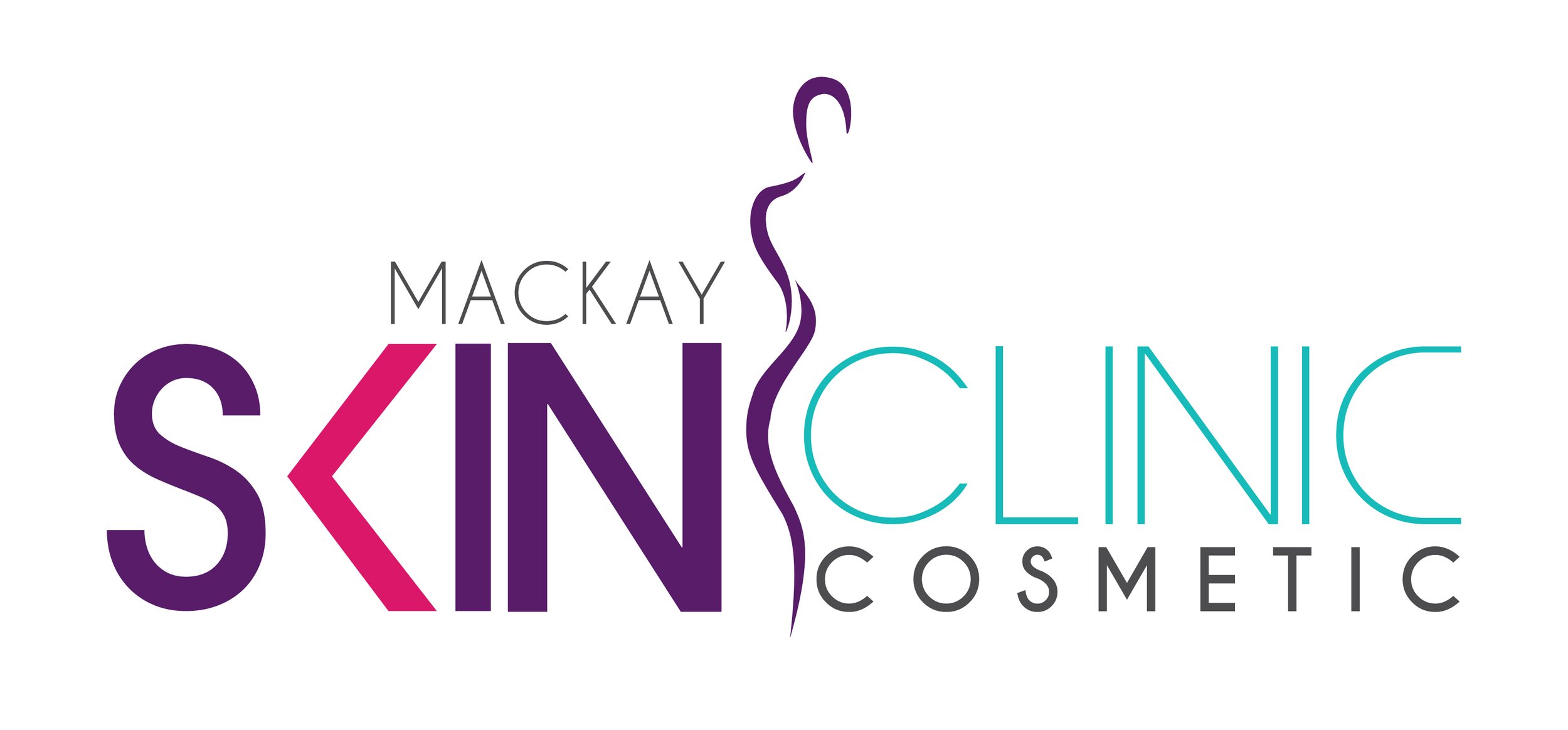Skin Checks: What You Need To Know
Protecting your skin from the harsh Australian sun is vital for maintaining healthy skin and preventing skin cancer. Regular skin checks are an essential part of keeping your skin safe and cancer free. In this article, we will explore the importance of skin checks, what to expect during a skin examination and when to schedule your next appointment.
The Importance Of Skin Checks
Australia has one of the highest rates of skin cancer in the world, making regular skin checks an extremely important part of every Australians healthcare. Early detection of skin cancer increases the chances of successful treatment and can help save lives. Regular skin checks allow for early identification of any suspicious spots or changes in your skin, so they can be addressed promptly.
What to Expect During a Skin Check
Visiting a skin clinic can be an intimidating experience, especially if it's your first time. However, understanding what to expect can alleviate any concerns and ensure you're well-prepared for your appointment. Here's what usually happens:
Medical History Review: Your healthcare professional will review your medical history, focusing on any previous skin cancer diagnoses, sun exposure and family history of skin cancer.
Visual Examination: A thorough visual examination of your entire body will be performed, paying close attention to moles, freckles and unusual skin lesions. Your healthcare professional may use a dermatoscope, a specialised tool that magnifies the skin's surface to identify any irregularities.
Documentation: Any suspicious spots or moles will be documented, including their location, size and appearance. This information will be used to track changes over time and inform future skin checks.
Recommendations: Depending on the outcome of your skin check, your healthcare professional may recommend further testing or treatment, such as a biopsy or skin cancer removal procedure.
When To Schedule Your Next Skin Check
The frequency of skin checks depends on your individual risk factors and medical history. In general, you should consider the following guidelines:
Low Risk: Even if you have no personal or family history of skin cancer, you should schedule a skin check every year.
Moderate Risk: If you have had skin cancer before or have a family history of skin cancer, you should schedule a skin check every 6 months.
High Risk: If you have had multiple skin cancer diagnoses or a strong family history of skin cancer, you should schedule skin checks more frequently, as recommended by your healthcare professional.
In between appointments, make sure to monitor your skin for any changes and see your healthcare professional if you notice any concerning spots or moles.
Want to Get Your Skin Checked?
At Mackay Skin Clinic, we are committed to providing thorough and professional skin checks to help maintain your skin health and reduce your risk of cancer. Our medical skin analysis involves a careful assessment of your skin's condition, accounting for factors that may place your skin at higher risk (e.g. underlying medical conditions, skin type, history of sun exposure and skin care products used).
For a medical skin analysis, we recommend you attend a consultation with one of our doctors to ensure you receive the best advice and treatment. To book a consultation, visit our website or give our team a call.

